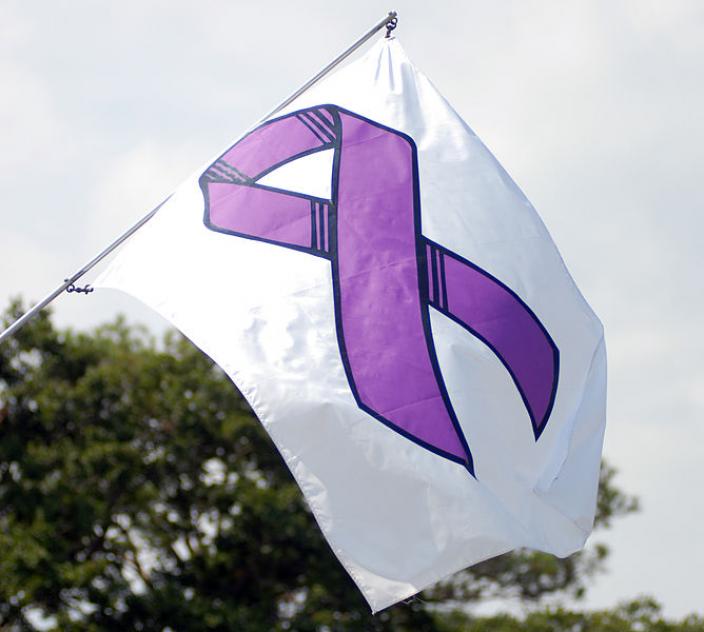
In this portion, Aaron and his sons begin to officiate as kohanim (priests). Aaron’s two elder sons, Nadav and Avihu offer “alien fire” to God, and God punishes them by killing them immediately. God forbids Moses and Aaron and Aaron’s surviving sons from mourning, but commands the rest of the people to do so. Aaron was silent. How do we understand his silence, and how do we understand the idea that the community is to mourn and not the mourners?
Both my mother and mother-in-law passed away in recent months. Neither was in good health, and both had advanced Alzheimer’s. The disease took them from us a few years ago, and little of who they once were remained in their final year. At their deaths, I felt a sense of relief knowing that they were finally at peace. The family gathered for each and we spoke the eulogies, said our good byes and were embraced by friends and family. I found the greatest comfort in sorting through the old photos, as they were pictures of the women I knew and the full lives they had lead, rather than what they became after illness robbed them of their vitality. And I felt the love of my sisterhood, the WRJ Midwest District Board, and my Chavurah as they came in and took over my kitchen and kept us on track during the days of Shiva. They made our home a safe place to grieve, and a space filled with compassion and love. Next came mountains of mail from the WRJ board, my sisterhood, community, and family. Everyone was generous with kind words and donations. I felt the love, and yet I still felt silent.
Finding my voice and faith in all of this has been a slow process. I quickly made the decision that the small Saturday morning Chapel service was the right place for me to say Kaddish, rather than the large Friday night service in our sanctuary. There I could feel the embrace of these women and see the sun flickering in the window. I could go into my private space if I needed to, and still have a small loving community surround me. I found peace in the Chapel and the ability to move forward in a life without them and without the numerous responsibilities of taking care of them during their final years, and I continue to find comfort in the sweet memories rather than dwelling on the stress that illness and pain brought to us all.
The power of community has given me strength. I am always among the first to offer help and support to others, but receiving it personally was difficult for me. Along with my grief I have also had to deal with recovering from knee replacement surgery. Learning to accept meals, rides to the doctor, and many calls and visits when I often just wanted to be silent was a challenge for me. I find wisdom in the words of Sandra Day O’Connor:
We don't accomplish anything in this world alone ... and whatever happens is the result of the whole tapestry of one's life and all the weavings of individual threads from one to another that creates something.
So now, I am no longer silent. I have found my balance, and I am ready to be there for someone else when their time to grieve or illness comes. My mom, Jeanne Eisenberg, and my mother-in-law Elaine Berger will always be part of me. Their memories are a blessing.
I am sorry I missed our time together in Charleston, but I am happy to report that I am continuing to gain strength and look forward to being with my Midwest Sisters at OSRUI at the end of the month.
The comfort and solace, companionship and support of joining another person in their time of trouble is a beginning; gracious acceptance of this love is a blessing for the recipient and the giver. Joining together during difficult times builds relationships and community.
I pray that the tapestry of our sisterhoods and WRJ will continue to thrive under our leadership and that the love and support of our community will continue to be a source of strength to all.
Carol Berger is a WRJ Board Member, Midwest District Vice President of Service to Sisterhoods and Programming and Sisterhood President of Congregation BJBE in Deerfield, IL.
Related Posts

Parashat Yom Rishon shel Rosh HaShanah

Cultivating a Culture of Accountability and Belonging

